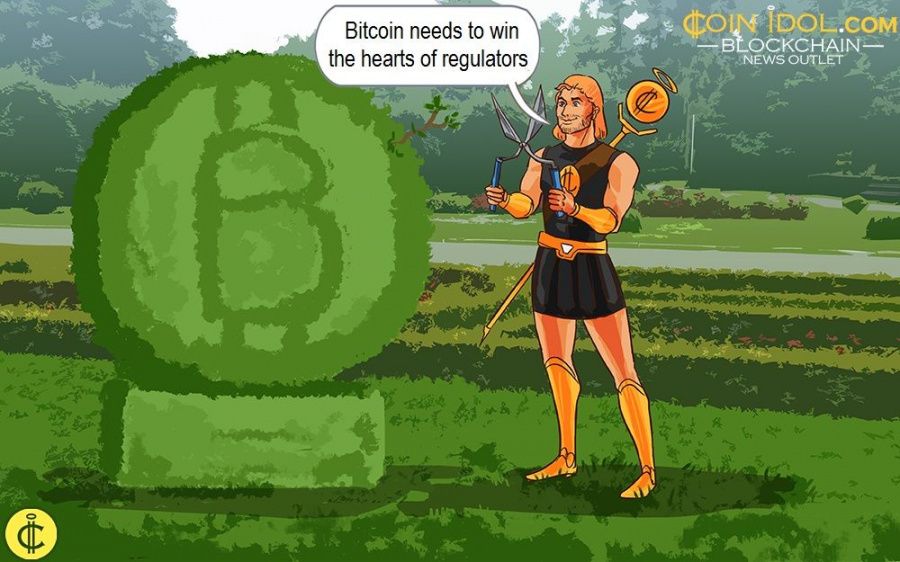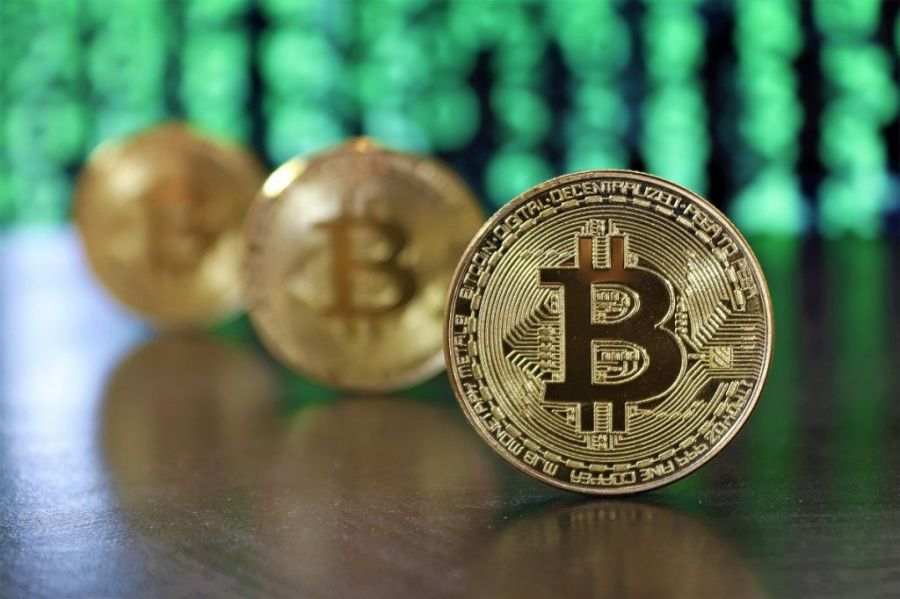2 Things Bitcoin Needs to be Widely Accepted as a Currency
Updated: Feb 08, 2021 at 13:34

Bitcoin still has a long journey to be widely accepted. This is not because it is hated or not suitable to be used in making transactions, but it’s majorly because of its volatile nature and many factors that need to be worked on. Bitcoin is very volatile to be widely putative as a stable currency.
Bitcoin is a good thing in the field of payments and the coin is on the verge of getting widespread adoption and acceptance by the traditional finance community as many experts including Elon Musk (CEO of Tesla and SpaceX) believe, but it needs to do a lot if it wants to be more widely accepted.
The prevailing decentralized nature of bitcoin is perhaps a threat to how the banking system operates. The banking system that is currently being used is a centralized system, and this means that all trust is in the hands of the bank. The Bitcoin model will be hard to be accepted by banking institutions, nevertheless, people are actively embracing it.
Winning the hearts of regulators
Bitcoin has to first win the trust of the community, and this won’t be achieved unless it is regulated by a trusted financial body. The people or company behind Bitcoin should make sure more merchants accept cryptocurrency transactions. Governments should also give BTC a green light, to operate alongside fiat currency. Some governments including Liechtenstein, Malta, South Korea, Japan, Portugal, the United Kingdom, Singapore, Canada, United States, etc., have started doing this, and more regulations are underway.
However, it seems hard for governments to give a go-ahead or introduce regulation that will keep the traditional spirit of distributed peer-to-peer (P2P) model.

If Bitcoin wants to be widely accepted by banks and the community, then it should shift from only being a cryptocurrency to being a digital currency, because, most of the payments and transactions conducted, are done using virtual means such as using payment cards.
Digital currencies are centralized, and this means that the transactions conducted in the network can be monitored and regulated by a centralized network, such as a bank institution. Cryptocurrencies are generally decentralized in nature, and this means that regulations within the network are controlled and managed by the majority of the participants in the system.
However, this will violate the very reason why Bitcoin was made. According to the whitepaper by Nakamoto Satoshi, Bitcoin was postulated on the idea of creating an alternative currency to fiat. Hence, the whole concept of state engrossment and regulation is solely a foray and barefaced breach of the primary philosophy for which cryptocurrencies were invented.
Market-friendly approaches
To gain more popularity and adoption, Bitcoin should spin off new more market-friendly approaches such as financing instruments, trade policies, improve market transparency, review stock policies, commodity exchanges, yield-enhancing investments, increase liquidity on exchanges, etc., to limit the biggest hurdle of its price volatility.
Bitcoin should also cut on its transaction fees or be completely free, to appear cheaper compared to other means of making payments or transactions. This will attract more people to use it, especially for cross-border payments. More right tools, education, adverts and promotions on BTC and blockchain should be made. Where need be, law enforcement should be given access to anonymity and privacy of Bitcoin users just like it is the case with traditional currencies – this will lead regulators to be soft on Bitcoin.
Price
News
Price
News
Price

(0 comments)